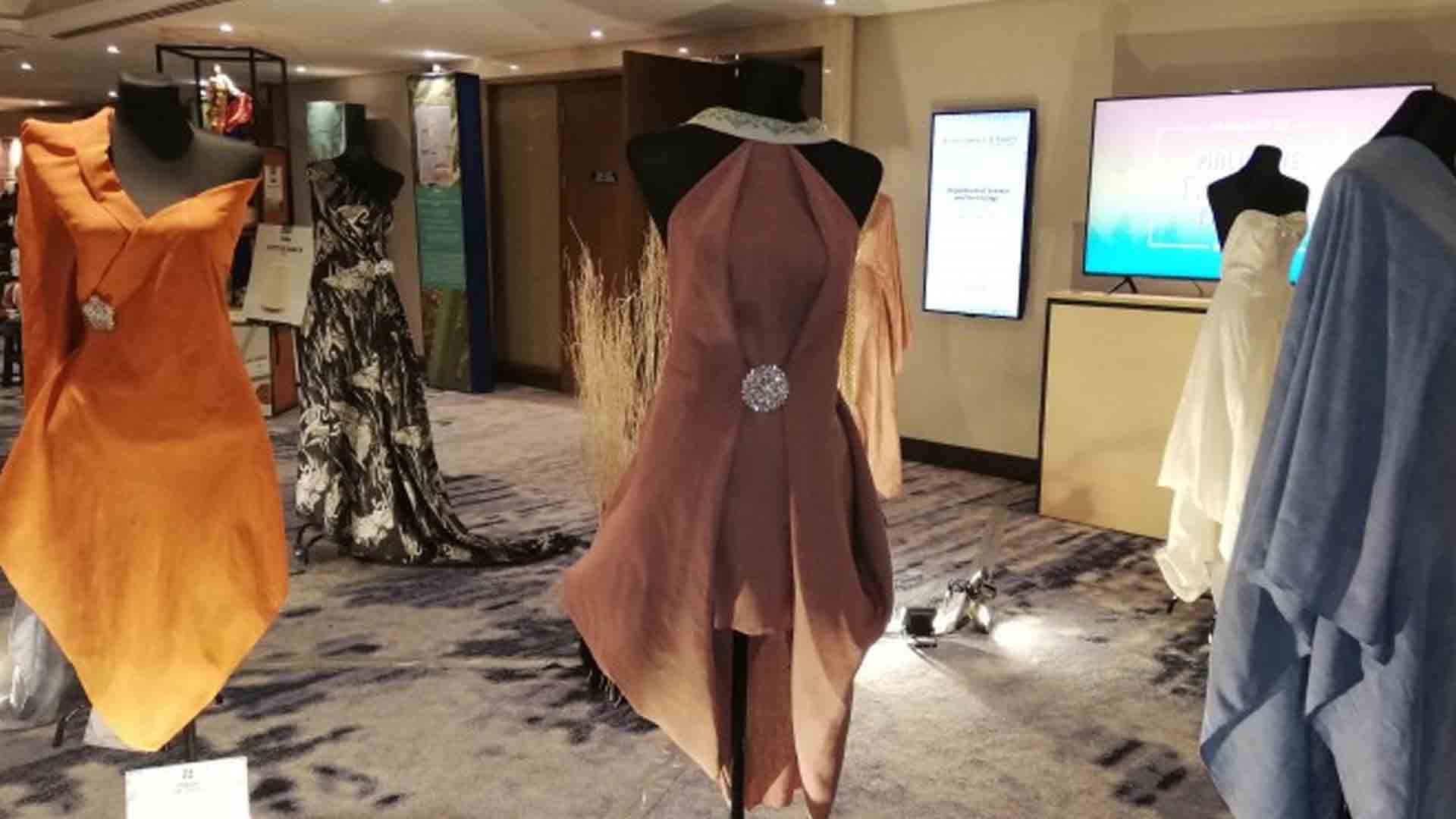By 2024, asking a tailor or fashion designer to create clothes may not need the person to be physically present at the shop. Through software to be developed by the Philippine Textile Research Institute (PTRI), one can even entrust the fitting to an avatar.
The project of developing a cloud-based digital apparel prototyping software officially started on August 1, 2021, and is expected to be completed by January 31, 2024.
“This project aims to aid the local designers, manufacturers and students in developing apparel prototypes using new technologies. For example, a customer from Davao wants to ask a famous designer in Manila to create her wedding dress. Using this online platform, the designer would be able to design the wedding gown and try this on an avatar that features the (body measurements) of the customer,” PTRI Director Celia Elumba told the Philippine News Agency in an interview.
The simulation software would allow the designer to see which parts of the gown need to be adjusted. How accurate is it?
Elumba assured that measurements with which the avatars will be constructed will be “very accurate” because these will based on the 3D body-scanned data.
“Based on a style, the visual garment is digitally-sewn and fitted on the avatar. ‘Hot spots’ will be shown to indicate ‘stress’ or ‘tension points’. This is where the adjustments need to be made — to make it looser if needed,” she said.
The PTRI, an attached agency of the Department of Science and Technology, has allocated PHP14,308,847 for this project.
Two pieces of equipment are necessary to digitize fabric and patterns, according to Elumba.
As for the project’s timeline, Elumba explained that it is quite long because of the digitization and beta testing of the software. The software development will be done in collaboration with the Mapua University.
“What’s good about this software is that it would have a digital database of flat patterns such as Filipino wear, contemporary wear, local weave fabrics,” Elumba said.
With travel restrictions and other coronavirus disease 2019 (Covid-19) protocols, she said the software will be available online and can be accessed by the target users.
The 3D visualization software will help them develop design samples or apparel prototype. All they need is an internet access, Elumba said. (PNA)





















